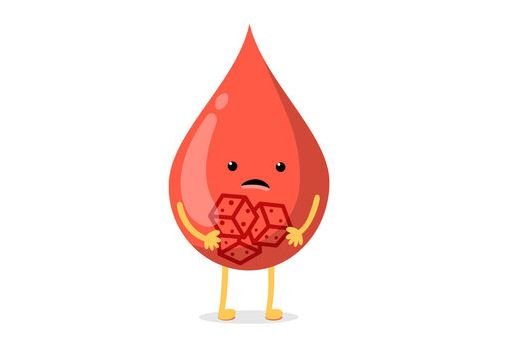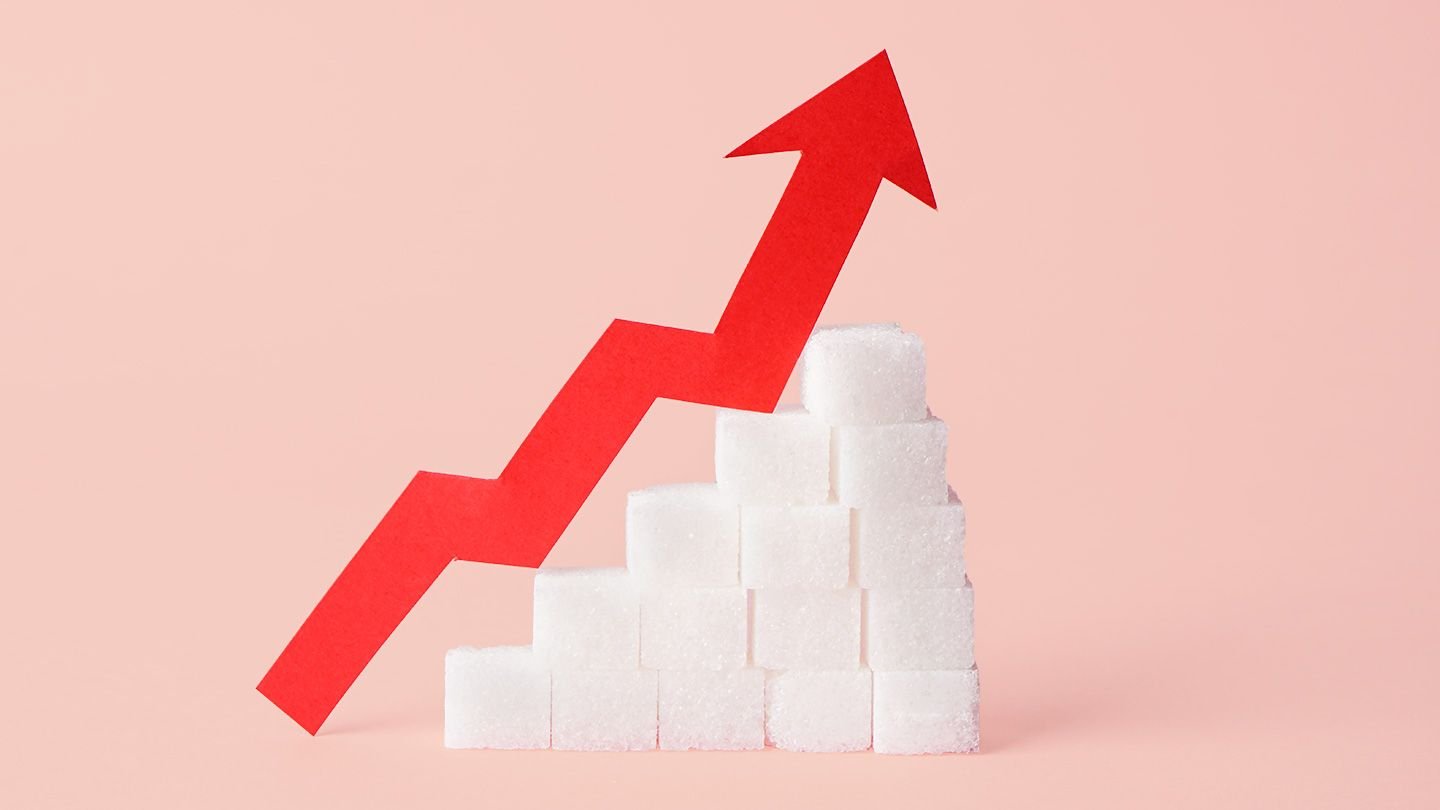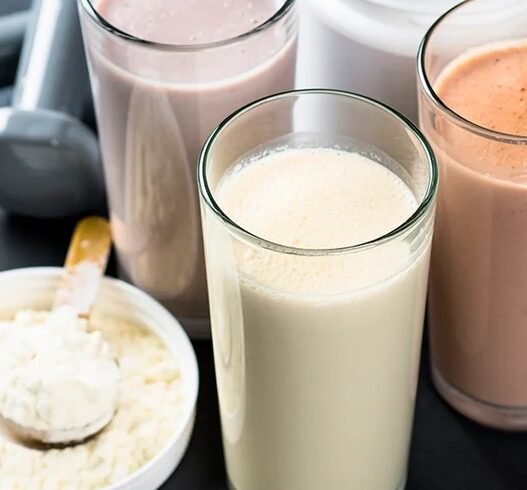Wearable glucose monitors have become the hot new health accessory, but are there benefits to be had by tracking those spikes and dips?

- A quick lift
Just after you tuck into a high-carb, low-fibre treat – think a white bagel with strawberry jam – there’s an “immediate spike in [your] blood sugar,” says Charlotte Norton, chief medical officer at The Slimming Clinic. Your digestive system makes short work of those simple sugars, which enter the bloodstream quickly and trigger a burst of energy and a temporary mood boost. “With little to no protein in this meal, the simple carbs are metabolised faster, as protein slows the digestion of carbs.” - Falling down
That sugar high doesn’t last. Over the next 90 minutes to two hours, your body releases a flood of insulin to clear the glucose from your bloodstream, moving it into your cells to be stored as glycogen in the liver and muscles. As simple carbs create such a large spike, the resulting decline causes a “crash,” says Dr. Norton. You may feel tired and end up craving more sugar. Not only can this negatively impact your energy levels, causing lethargy, it also affects mood and brain function. - Forming a habit
Other than arousing your desire for an afternoon nap, the occasional blood sugar high won’t do much harm. But make it a habit and it can take its toll. Repeated spikes and dips can trigger hormonal shifts, which could spark anxiety and irritability, says Dr. Norton. Then there are the physical effects. Though insulin does a great job at clearing away the sugars from a high-carb meal or snack, it can also stop the body from breaking down its fat stores. This stimulates the creation of more body fat. - Rising risk
For some people, a diet heavy in fast-acting carbs can do more than see them put on a few pounds. Over time, it could lead to insulin resistance, where cells no longer respond to the hormone, causing more and more to be released without sugars being broken down. Those with higher than normal blood sugar (known as prediabetes) can have up to a 50% chance of developing diabetes in the next five to 10 years. But, points out Dr. Norton, sleep, alcohol, fitness, and genetics contribute to the risk, too. - Finding balance
If you’re otherwise healthy, don’t stress over your Sunday cinnamon roll. “There are no fixed rules, but if poor eating habits become a daily occurrence over several months and result in weight gain, then health problems are more likely,” says Dr. Norton, who suggests getting no more than 50% of your calories from carb-based foods. Regular exercise can also help to control blood sugar, as muscle cells absorb and store excess sugar. Hitting your 30g of fibre a day will help, too,” she says.



















